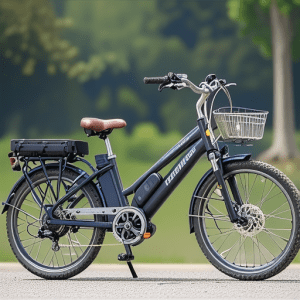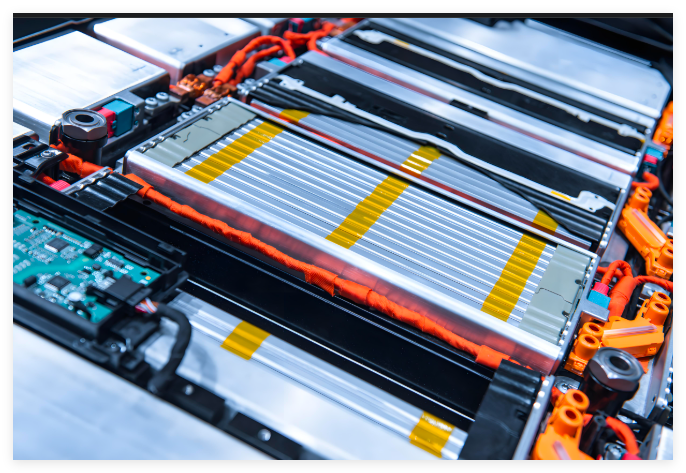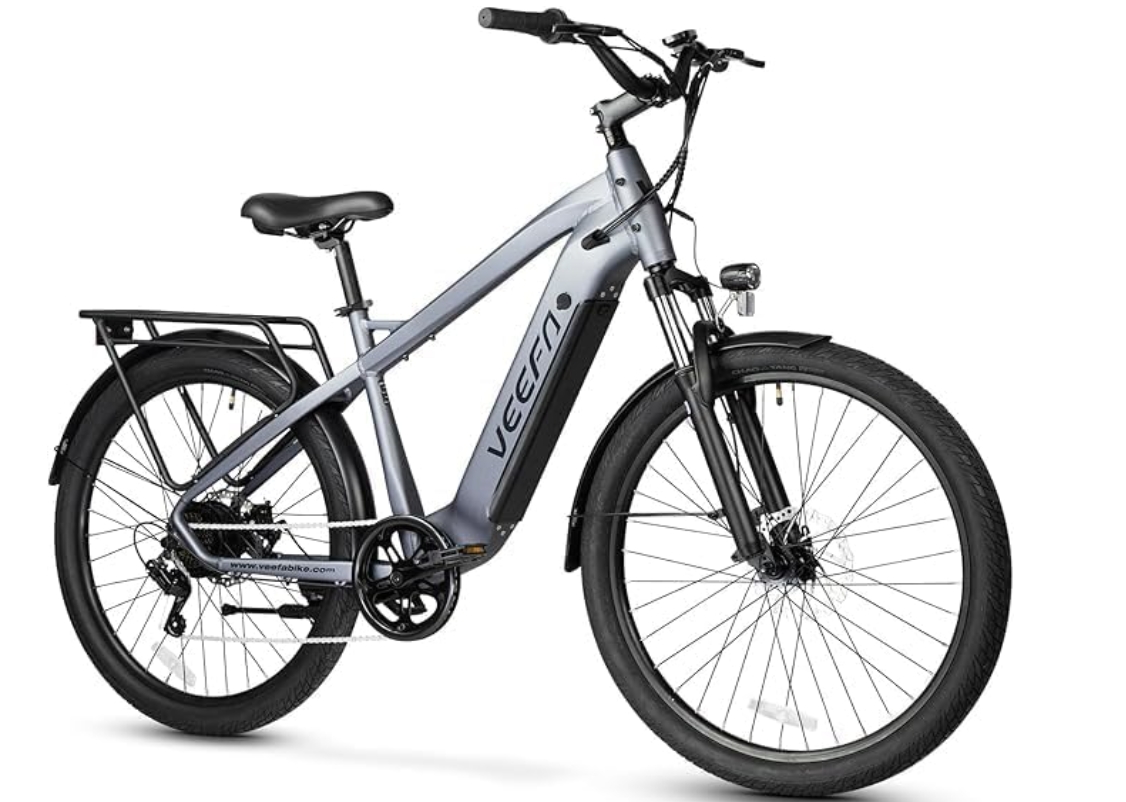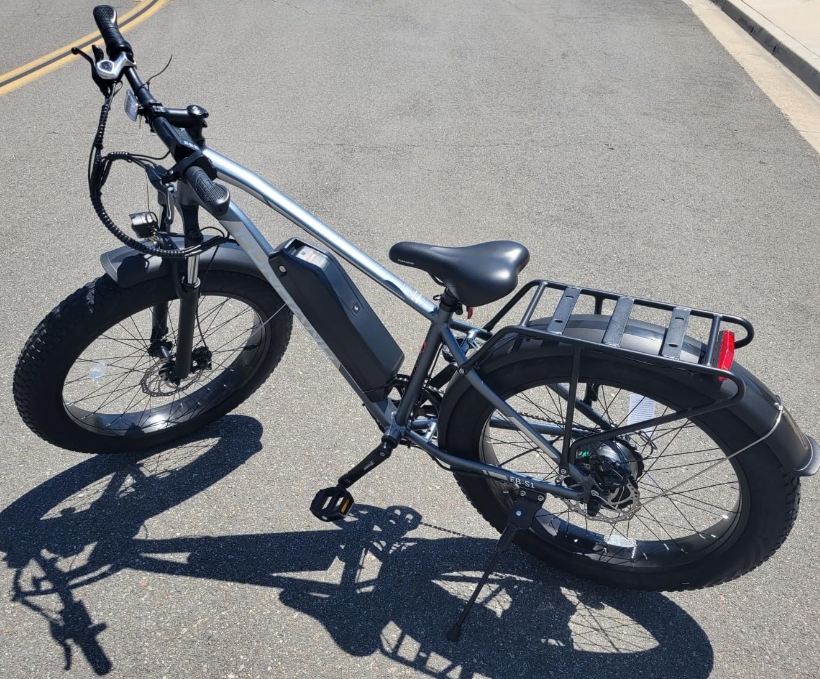What are the laws and regulations for e-bikes?
Today, we are here to discuss a topic brimming with vitality and dynamism—the laws and regulations of electric bicycles (e-bikes). Amidst the tide of the new energy industry, e-bikes, with their convenient and environmentally friendly characteristics, have become a fresh breeze in urban transportation. However, as the ancients said, “Without rules, nothing can be accomplished,” while enjoying the convenience brought by e-bikes, we also need to pay attention to the legal framework and industry standards behind them.

Firstly, let’s examine from a domestic perspective. According to the “Electric Bicycle Industry Standard Conditions” released by the Chinese government website, we can see that the state’s management of the electric bicycle industry is becoming increasingly strict, aiming to improve product quality, protect consumer rights and interests, and promote the healthy and sustainable development of the industry. For example, it stipulates that enterprises must reach a certain level of automation in the production process, ensuring that the rate of automatic welding exceeds 70%, and that electric or pneumatic assembly tools account for 70% of the total workstations in the product process design on the assembly line. All these are to enhance the quality and safety of the products.
Looking internationally, the regulations on e-bikes vary from country to country. Taking the United States as an example, it classifies e-bikes into three categories, each corresponding to different conditions of use and speed limits. In Europe, electric bicycles are divided into four categories, and all electric bicycles require registration and insurance. The formulation of these regulations not only reflects the importance that various countries attach to traffic safety but also demonstrates support and regulation for the development of new energy vehicles.
Against the backdrop of the intelligent and new energy industry, the development of e-bikes is also inseparable from technological innovation and breakthroughs. As shown in “Forseeing 2024: A Panoramic Map of China’s New Energy Industry in 2024,” the year-on-year increase in the installed capacity of new energy power generation and the steady growth of the proportion of new energy power generation provide strong energy support for e-bikes. With the advancement of technology, we can foresee that future e-bikes will be more intelligent and personalized, bringing more possibilities to people’s travel.
“A worker must first sharpen his tools if he wants to do a good job.” In the rapid development of the new energy industry, we must pay attention to both technological innovation and the construction of regulations. Only in this way can we let the fresh breeze of e-bikes blow through every corner, bringing more convenience and beauty to people’s lives. Thank you, everyone!



Post Comment